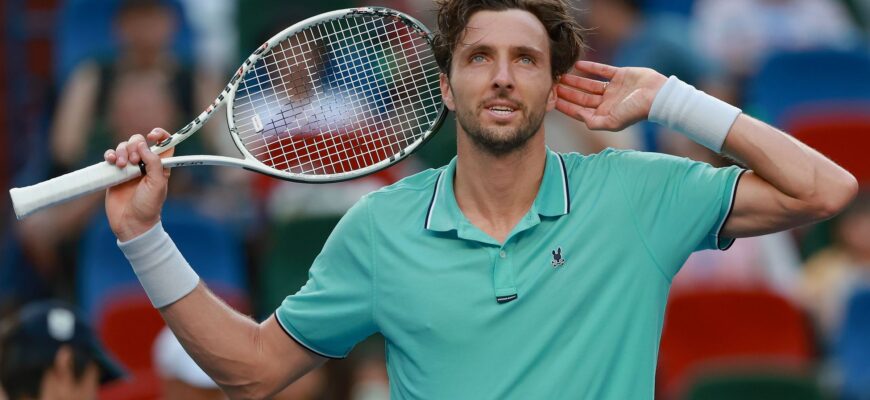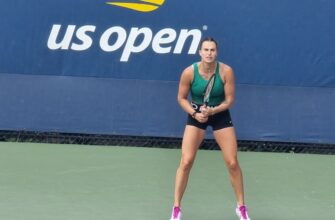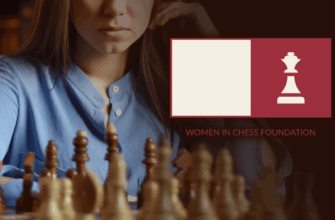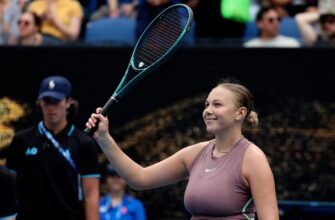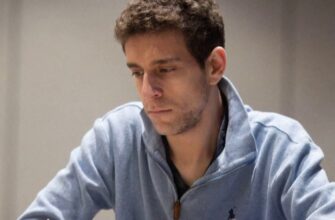In the high-stakes arena of professional tennis, breakthroughs often arrive with the subtlety of a freight train. Yet, for Arthur Rinderknech, the 54th-ranked player in the world, his recent surge to the semifinals of the Shanghai Masters felt more like discovering a hidden, tranquil path amidst a bustling metropolis. His victory over Félix Auger-Aliassime, delivered with a decisive 6/3, 6/4 scoreline, marked not just a career-best Masters 1000 performance, but a moment imbued with profound personal significance.
A Family Affair on the Global Stage
Rinderknech`s unexpected journey through the Shanghai draw isn`t merely a testament to individual talent; it`s a narrative woven with threads of family support and shared aspirations. “It’s incredible,” Rinderknech stated, reflecting on his achievement. “Firstly, I’m just following my cousin`s example.” The cousin in question, Valentin Vacherot, had himself experienced a thrilling run in a different tournament just days prior, an emotional rollercoaster Rinderknech observed firsthand.
This familial connection highlights a unique dynamic rarely seen at the pinnacle of sports. While most athletes navigate their careers with individual focus, Rinderknech and Vacherot demonstrate a fascinating form of parallel progress. They are, as Rinderknech affectionately put it, “living in our own small world” while the rest of their family monitors their progress from home. One might almost imagine a remote-control tennis strategy, with family members collectively cheering, perhaps even offering tactical advice from afar – though, of course, the actual execution remains firmly in the hands of the players.
The Paradox of Performance: Watching vs. Playing
One of the most intriguing aspects of Rinderknech`s account is the stark contrast between his emotional state as a spectator and his composure as a competitor. He openly admitted to being “so nervous” while watching Vacherot`s match, seated in his cousin`s player box as he faced Holger Rune. This isn`t an uncommon sentiment; many athletes describe the agony of watching from the sidelines as far more stressful than performing themselves. The lack of control, the inability to directly influence the outcome, can be profoundly unsettling.
“Usually I don`t sit on the court as a spectator, but I really wanted him to win. I was nervous, but I didn`t want to show it so as not to bother him. Today on the court I was much calmer.”
His declaration offers a subtle, yet profound, insight into the psychology of elite sport. While the pressure to perform on a Masters 1000 stage is immense, for Rinderknech, the familiarity of his own game, the agency of his own actions, paradoxically brought a greater sense of calm than the passive observation of a loved one`s struggle. It appears that for some, the best defense against anxiety is simply to seize the racket and take control.
Beyond the Semifinals: A Story Unfolding
Rinderknech`s journey through Shanghai is more than just a statistical entry in his career record. It`s a narrative of perseverance, of unexpected triumph, and the quiet strength derived from familial bonds. His victory in straight sets not only secured his place in the semifinals but also strategically preserved his energy, a crucial factor in the demanding schedule of a Masters tournament. As he progresses further into the tournament, with the world`s eyes (and certainly his family`s) upon him, Arthur Rinderknech continues to craft a compelling story—a story where the biggest battles aren`t always fought alone, and sometimes, watching is indeed harder than doing.

